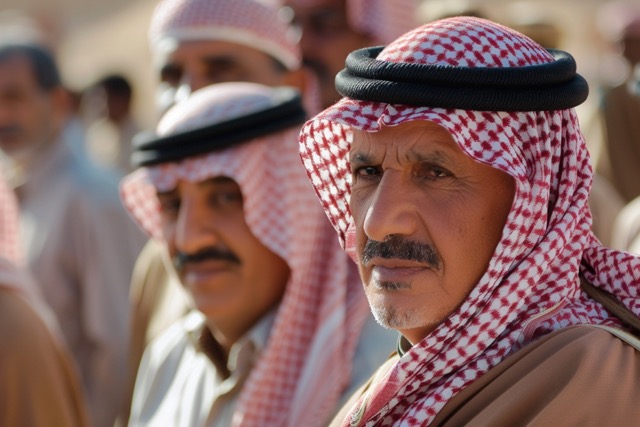Saudi Health Minister Celebrates Successful Health Management Efforts at Hajj 2024
In a groundbreaking announcement, Saudi Health Minister Fahd Al-Jalajel has declared the triumphant execution of health management efforts during the Hajj pilgrimage of 2024.
Al-Jalajel commended the collaborative efforts of the health system and the Hajj security forces, highlighting the absence of any outbreaks of epidemics or widespread diseases. “The health system delivered over 465,000 specialized treatment services, including 141,000 services to individuals without official authorization for Hajj,” he stated.
Despite the scorching temperatures experienced at the holy sites, Al-Jalajel reassured the public about the overall health condition of the pilgrims. He emphasized the swift responses of health authorities and the effective support of the Hajj security forces in managing and mitigating the effects of heat stress.
This year, the health system dealt with numerous cases of heat stress, with some individuals still receiving care. Unfortunately, the number of fatalities reached 1,301, with 83 percent of them being unauthorized to perform Hajj. These individuals had endured long walks under the direct sunlight, lacking adequate shelter or comfort. Among the deceased were elderly and chronically ill individuals.
The health minister praised the significant efforts of authorities in raising awareness about the dangers of heat stress and the importance of preventive measures. He offered condolences to the families of the deceased, expressing hope for divine mercy and recompense for their suffering. Proper protocols were followed for identification, burial, and honoring the deceased, despite initial challenges in obtaining personal information or identification documents.
Al-Jalajel also detailed the Kingdom’s provision of free health services to pilgrims, starting even before their arrival, with awareness programs at air, sea, and land border crossings. Approximately 1.3 million preventive services were delivered, including early detection, vaccinations, and medical care upon arrival.
The healthcare services provided encompassed a wide range of treatments, such as open-heart surgeries, cardiac catheterization, dialysis, and emergency care. Over 30,000 ambulance services were rendered, along with 95 air ambulance operations to ensure advanced health services across medical cities in the Kingdom.
Furthermore, the healthcare system offered nearly 6,500 beds and rooms, implementing measures to combat heat stress through the development of rapid and effective rescue devices for affected individuals.

